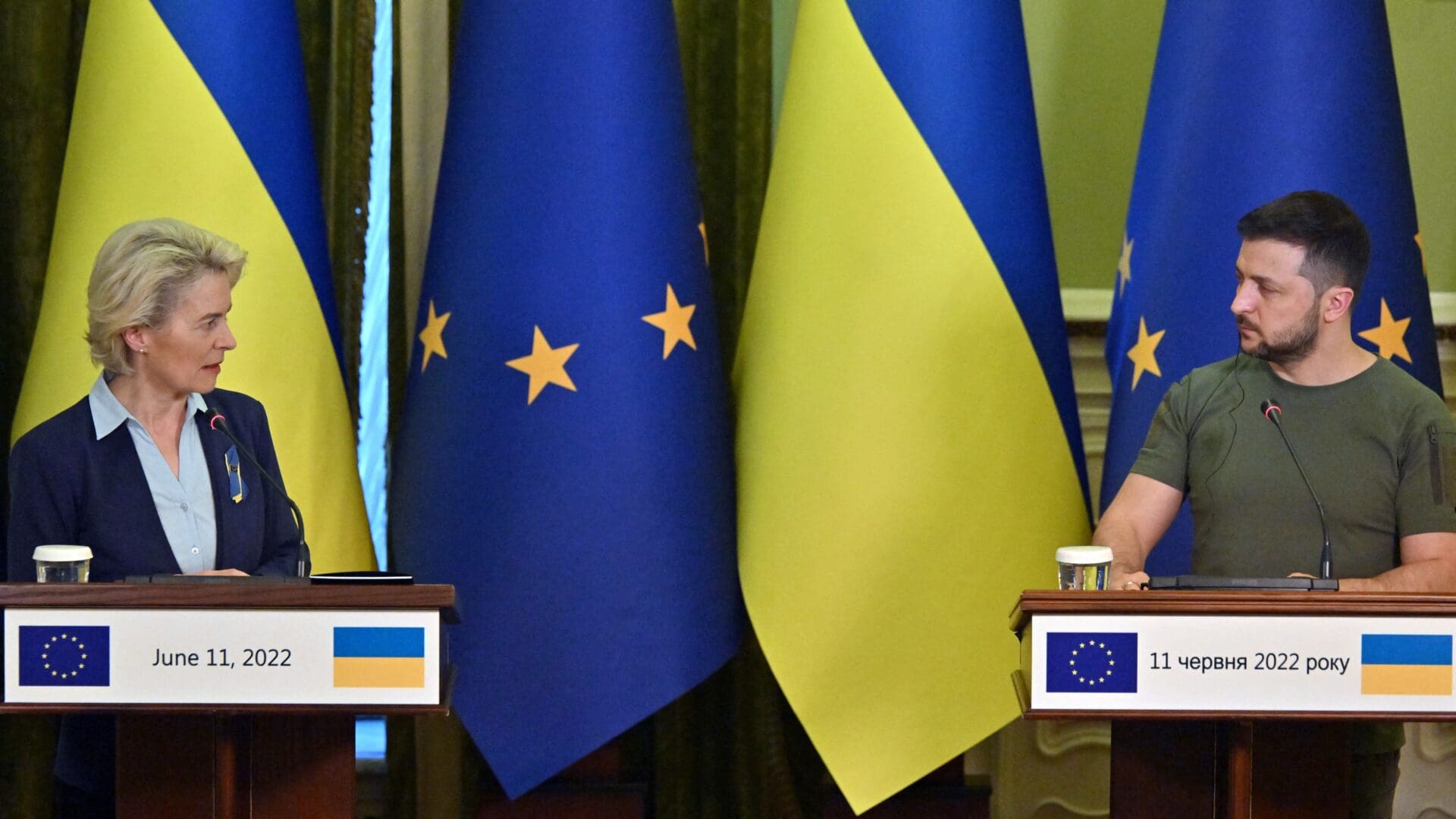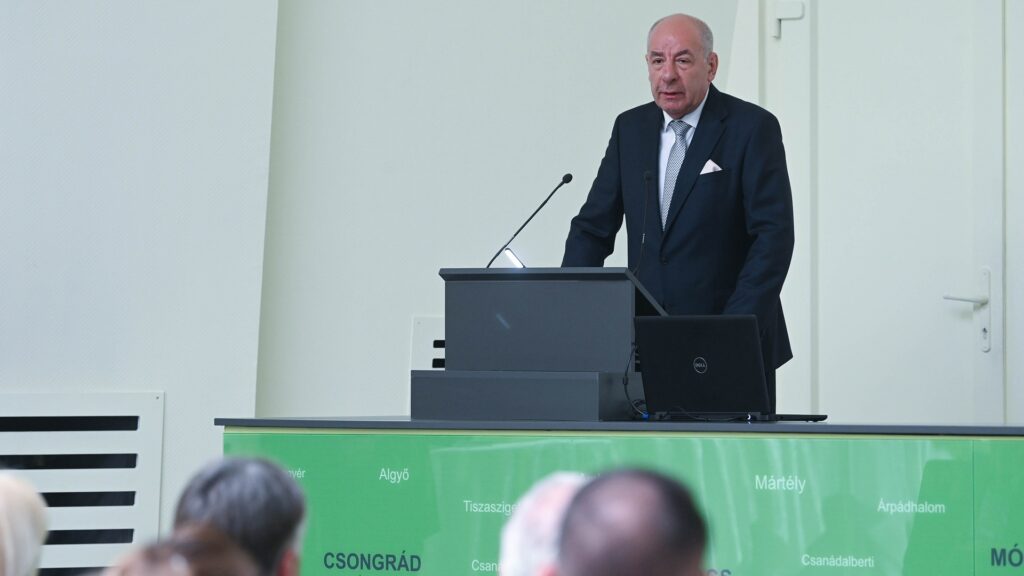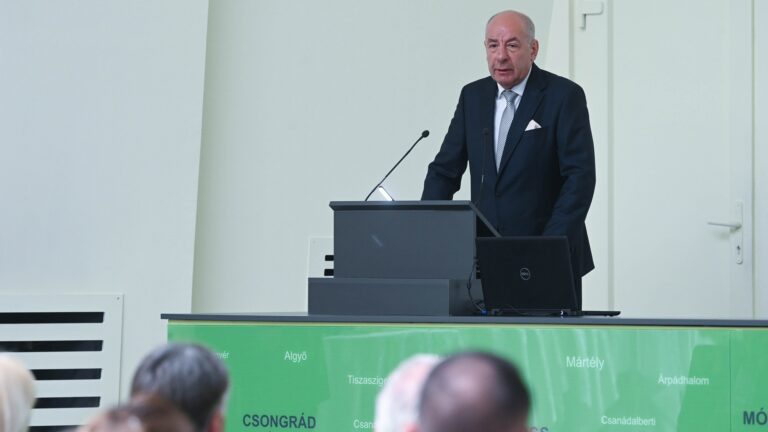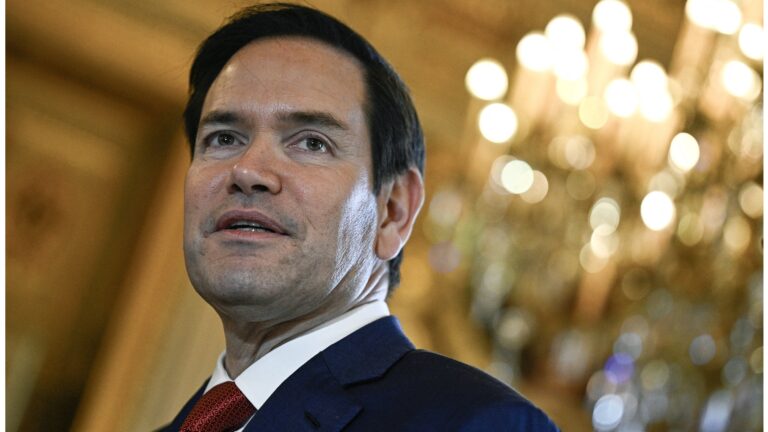The oil transit dispute between Ukraine, Hungary, and Slovakia that unfolded in mid-July has highlighted a suspicion that is now almost fully proven: Brussels is prioritizing Kyiv’s interests over those of certain EU Member States that hold positions different from the pro-war majority.
As reported by Hungarian Conservative on several occasions, the sanctions imposed by Kyiv on the Russian oil company Lukoil have halted the transit of oil shipments through Ukraine to Hungary and Slovakia. This poses a significant threat to the energy security of these two Member States in the medium and long term. Lukoil currently accounts for one-third of Hungarian oil imports and around 45 per cent of Slovakian oil imports.
Hungary and Slovakia have referred the matter to the European Commission, arguing that Ukraine’s actions violate certain provisions of the EU–Ukraine Association Agreement. ‘The agreement explicitly stipulates that quantitative restrictions on imports and exports of energy products, as well as measures having equivalent effect, are prohibited between the parties, i.e., the EU and Ukraine, and that Ukraine may not interrupt or reduce the flow of energy products transmitted through its territory,’ said Olivér Hortay, head of energy and climate policy at the Hungarian research institute Századvég, in an interview with Economx.
In such a case Brussels would be required to convene a consultation forum as a first step. However, the Commission does not consider this justified, as it does not believe there is an immediate threat to supply. This assessment is highly debatable, as the expert pointed out, so it is expected that Slovakia and Hungary will not let the matter rest.
Earlier, Hungarian Minister of Foreign Affairs and Trade Péter Szijjártó stated that Hungary will block the payment of €6.5 billion from the European Peace Facility (EPF) until Kyiv allows Lukoil to resume uninterrupted oil supplies to Hungary and Slovakia via Ukraine.
Slovak Prime Minister Robert Fico also said that Slovakia will cease diesel supplies to Ukraine if Kyiv does not resume the uninterrupted transit of Russian oil. Additionally, the two EU member states provide a significant share of Ukraine’s electricity imports, which could also be halted until the dispute is resolved.
Olivér Hortay also pointed out that restricting transit runs counter to the spirit of one of the EU’s key policy objectives, energy market integration. He stated that the sanctions would limit the Central European region’s scope for energy market manoeuvre, deprive Ukraine of part of its transit revenues, and bring it into conflict with two countries that provide it with humanitarian, economic, and energy assistance.
What is most shocking and outrageous about the whole case is that Brussels has, almost blatantly,
sided with a non-EU member against two EU member states.
‘Apart from the fact that this move violates the interests of Hungary and Slovakia—which the Commission should represent—it could undermine the faith of all member states in the common energy market, its legal certainty, and its rules,’ the expert explained.
Péter Szijjártó also recently addressed the matter, stating in an interview with Index that there is a possibility that Brussels cooperated with Kyiv, and if true, it would be unprecedent. ‘If it is proven that the European Commission and its leaders want to jeopardise the security of energy supply of EU member states, it is an issue of a gravity that has been unprecedented in recent years,’ he said.
Read more on the subject:








